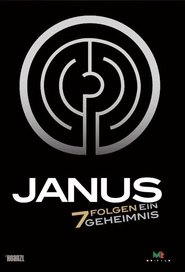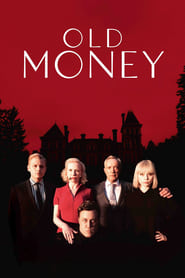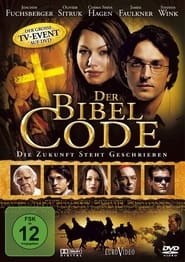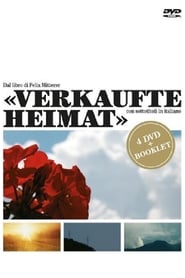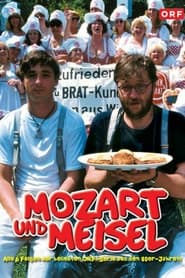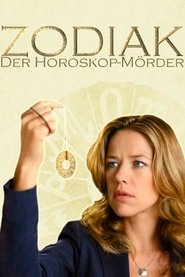Orf 1 TV Series - Page 8
-
Hotel Sacher
2016
star 5.5A soap-operatic mini-series about the history of Hotel Sacher in Vienna. It starts with the takeover by Anna Sacher after her husband Eduard dies at age 59. Most of the time, someone high or low in society seems to be kissing (or more) in one of the chambres séparées. -
Museum AHA
2019
Museum AHA
2019
-
Old Money
2015
star 6A family, blessed with richness and power, is desperately seeking for a liver for their father, who wants to hand down his wealth to the one who gets the organ. -
Der Bibelcode
2008
Der Bibelcode
2008
-
Verkaufte Heimat
1989
Verkaufte Heimat
1989
A film series that deals with the historical developments in South Tyrol between 1938 and the mid-1960s. This critical period is illustrated by the history of three families: the Rabensteiner's, the Tschurtschenthaler's and the Oberhollenzer's. In 4 parts VERKAUFTE HEIMAT shows the fate and conflicts of these families and their connections to local, national and international history. -
Mord im Hause Medici
2013
Mord im Hause Medici
2013
-
Echt jetzt?
2017
Echt jetzt?
2017
-
Roda Roda
1992
Roda Roda
1992
-
Mozart und Meisel
1987
-
Starmania
2002
Starmania
2002
Starmania is an Austrian casting show, a talent show for would-be pop stars. It is broadcast on the Austrian TV channel "ORF 1". Despite striking similarities, Starmania is not a licensed version of the Idols format distributed by FremantleMedia. Attempts to export the format to Germany failed due to legal intervention from Fremantle. In 2004, ORF managed to sell the format rights to the Swiss channel SF, where the show is called MusicStar. From 2003 to 2009, four seasons of Starmania have been aired in Austria. To date, the winners have been Michael Tschuggnall, Verena Pötzl, Nadine Beiler and Oliver Wimmer. Christina Stürmer, who placed second in the first season, has become more famous than the other winners combined, with top charts positions in Germany, Switzerland, and Italy. -
Zodiak - Der Horoskop-Mörder
2007
Esther returns to Austria from the United States and a series of murders points to the Zodiac Killer. -
Die Alpensaga
1976
Die Alpensaga
1976
A six-part film series addressing the problems of rural Austria from 1900 to 1945. Contrary to the traditional "Heimatfilm", the Alpensaga detaches itself from typical clichés and tries to depict a critical view of societal structures of the time. World history is shown from the view of a peasant family living in a small village in Upper Austria. -
Lebenslinien
1983
Lebenslinien
1983
Stories about four generations of women – their life at home and at work, their private and political relationships with the years. -
Wischen ist Macht
2020
Wischen ist Macht
2020


